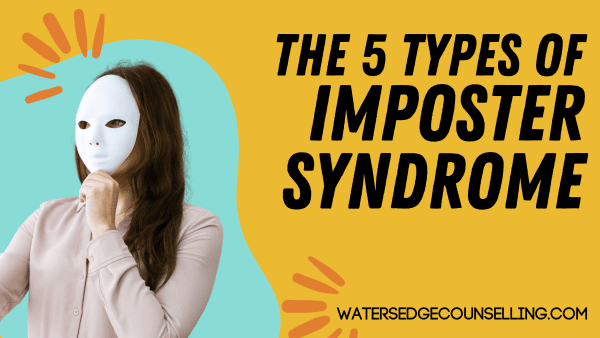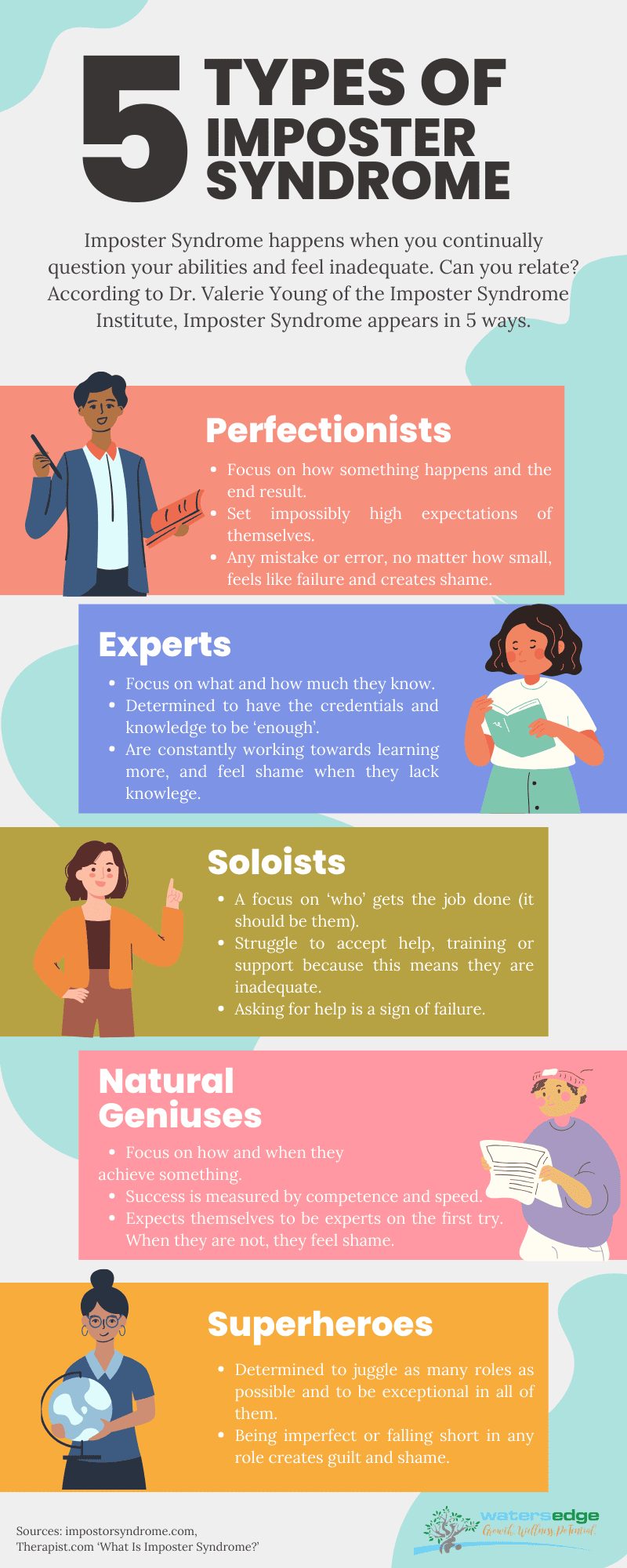
For some people, failure is not an option. And when failure is doing anything imperfectly or not to an impossible standard…. they constantly feel like an imposter. Maybe you’ve heard of this before? It’s called Imposter Syndrome. And it occurs when someone continually questions their abilities and feels inadequate. It doesn’t matter what they achieve, how much they learn, or what they accomplish, it is never enough. And the truth is a lot of us experience Imposter Syndrome.
It’s not a mental illness – and it is different to anxiety and stress. Imposter Syndrome is what Therapist.com terms a ‘Cognitive Distortion’. It means we perceive things in a distorted way, and when we see ourselves as imposters despite all our efforts to be ‘enough’, our wellbeing is affected.
People have talked about Imposter Syndrome for years, but it’s more than just a trend. Dr Valerie Young has studied this for decades, and started the Imposter Syndrome Institute to address this in work places and communities. Through her research, Dr Young has identified the five different types of imposters people identify with. Take a look at the infographic we created below for more details on each type.
Perfectionists: Set impossibly high expectations of themselves
Experts: Determined to have the credentials and knowledge to be ‘enough’.
Soloists: Focus on ‘who’ gets the job done (it should be them).
Natural geniuses: Expects themselves to be experts on the first try
Superheroes: Determined to juggle as many roles as possible and to be exceptional in all of them.

Do you feel like a fraud? Do you feel shame every time something isn’t perfect? Contact Colleen on 0434 337 245, Duncan on 0434 331 243 or Rachel on 0442177193 for a FREE 10-minute phone consultation on how we can best help you, or press book now and make an appointment.